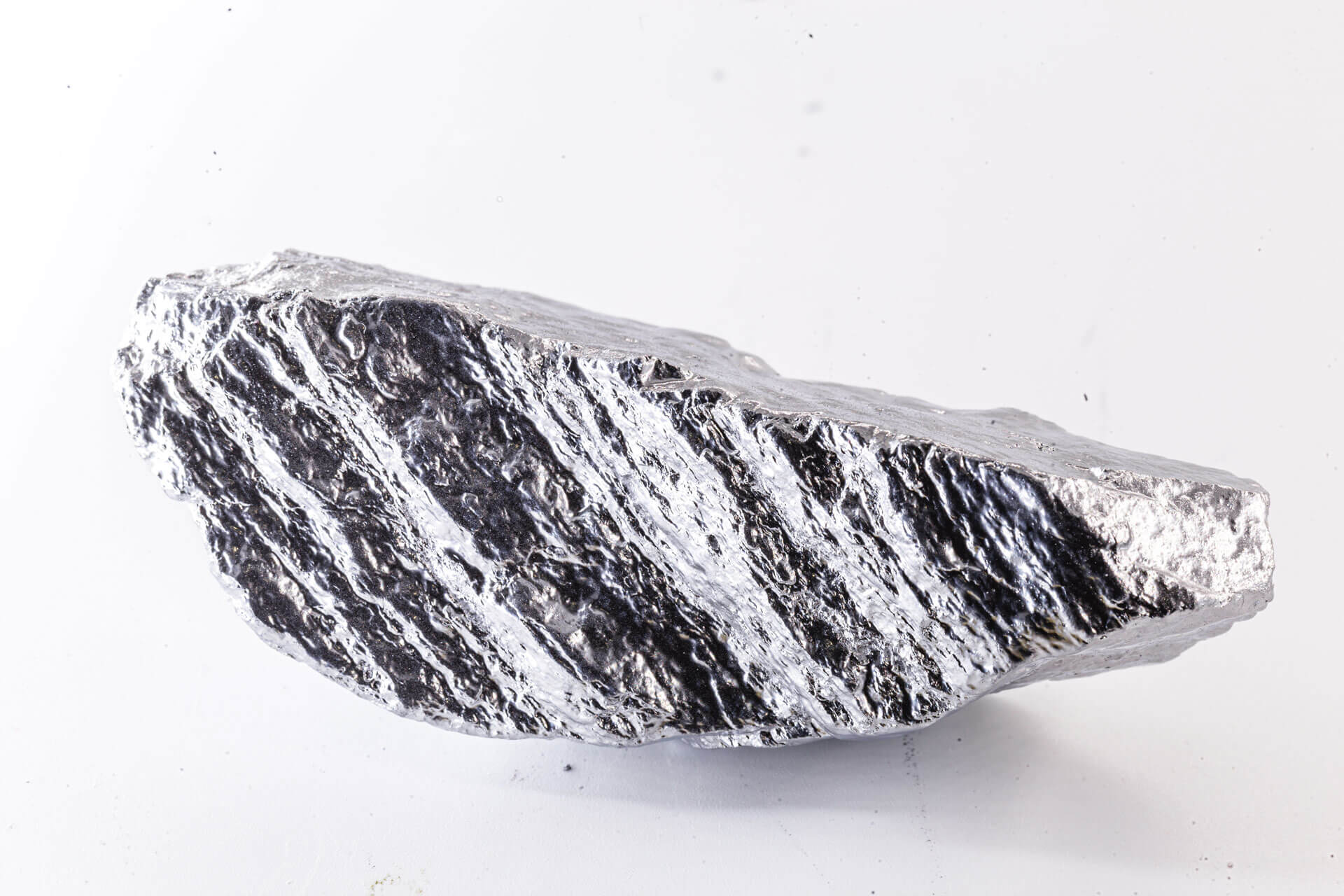"Click to view details
A few days ago, the International Nickel Association was invited to participate in the third BRICS New Industrial Revolution Partnership Forum sponsored by the Ministry of Industry and Information Technology. Dr. Hudson Bates, president of the International Nickel Association, said in a video speech that in the context of the global joint response to climate change, nickel is of great significance to the global and BRICS countries to build a responsible supply chain and achieve green development.
Nickel and nickel-containing materials are widely used in production and life. Nickel-containing stainless steel can not only produce high-standard food and beverage equipment and water supply network to ensure people's food safety and drinking water safety, but also can be directly used in a variety of hospital facilities and medical equipment to protect people's health.
Dr Hudson Bates said: "at present, countries around the world are working hard to deal with the COVID-19 epidemic, and a large number of nickel-containing stainless steel are used for vaccination needles. The inherent properties of nickel make syringe needles more optimized in design, more comfortable in experience and safer to use."
China is committed to implementing the Paris Agreement and is committed to achieving a peak in carbon dioxide emissions by 2030 and a carbon neutral target by 2060. The core of achieving this strategic goal is the access to and use of more clean energy, the development of green transport and the construction of more sustainable infrastructure. Dr. Hudson Bate stressed that nickel and nickel-containing materials play an irreplaceable role in the production, storage and use of clean energy, and nickel-containing batteries are increasingly becoming the mainstream technology to realize the electrification of vehicles.
Circular economy is also an important means to reduce carbon and achieve the goal of "double carbon". "Nickel and nickel-containing materials are ideal for recycling. At the end of the life cycle, nickel-containing materials can be recycled at 100% without any change in quality." Dr. Hudson Bates speaks with data.
Nowadays, the world is undergoing digital transformation, and nickel is an indispensable functional material for electronic and electrical equipment. Without nickel, the development of digital economy and society will lose its material foundation.
For the BRICS, a sustainable nickel supply chain is important because they are involved in all supply chains from nickel mining to smelting, processing, utilization and disposal. Brazil, Russia, India, China and South Africa account for more than 30% of the world's proven nickel reserves and are widely involved in nickel mining and smelting. The BRICS countries also use most of the world's raw nickel products, especially China, which plays an important role in global nickel supply chain management through its stainless steel industry and electric vehicle industry, which account for more than 50 per cent of the world's share.
Nickel-related green supply chain management is a shared responsibility of all stakeholders Dr., Hudson Bates called on all supply chain participants, led by the Ministry of Industry and Information Technology and other relevant departments, to work together to strengthen life cycle management, responsible production and consumption, and jointly achieve green, low-carbon and circular development. He said that the International Nickel Association is willing to actively participate in the research and sharing of life cycle data, the research and improvement of regulations and policies, and the promotion of applied technology, and support China and other BRICS countries to strengthen nickel green supply chain management and achieve green development.




